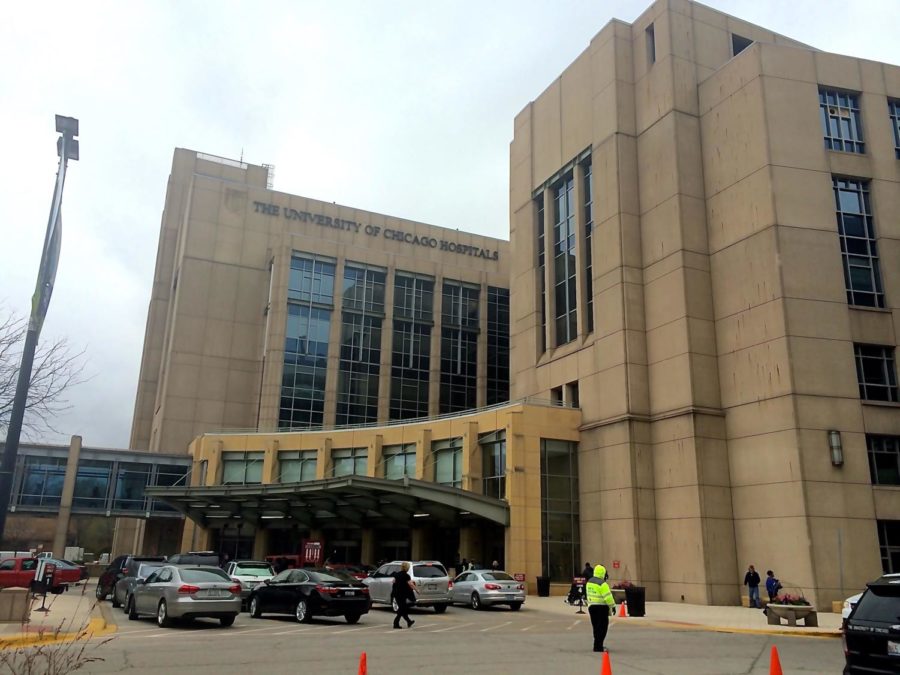A change in Chicago Department of Public Health guidelines means that most higher education employees will not be eligible to receive the COVID-19 vaccine in the next phase of distribution, according to an email from Provost Ka Yee Lee sent Thursday afternoon.
Although some University of Chicago employees may soon have access to the COVID-19 vaccine under altered guidelines for vaccine distribution, University employees who the institution thought may have soon been eligible for their doses will likely not be eligible until Phase 1c, which has no projected start date yet.
“On January 4, federal guidelines indicated that the education sector, including higher education employees, would likely have access to vaccinations as part of Phase 1b of vaccine distribution,” Lee wrote. “Updates made this week to the Illinois vaccination plan indicate that most higher education employees will not have access to vaccines in Phase 1b.” According to the email, “most teachers and staff at the Laboratory Schools and the University Charter School should have access to vaccines soon.”
Earlier this week, state officials adjusted the guidelines for the rollout of the COVID-19 vaccine so that Phase 1b may begin as early as January 18. Under Phase 1b, people over 65, food and agriculture workers, postal workers, and certain education and childcare workers would be eligible to receive the vaccine.
As of yesterday, Chicago has administered 62,143 first doses of vaccine to healthcare workers. 19,426 people have received both shots. The University of Chicago Medical Center (UCMC) has administered about a fifth of these doses.
Vaccine distribution in the US has been sluggish so far, with only about 9 million people receiving vaccines out of a goal of 20 million doses given by December 31, 2020. President-elect Joe Biden has said he will release nearly all currently available vaccines to jump-start the program.
Allison Arwady, the commissioner of the Chicago Department of Public Health, said the city’s top priority is preventing the doses of the vaccine it has received so far from expiring. This means that if healthcare workers are refusing the vaccine, providers should make those doses available to other high-risk populations or to remote healthcare workers. The Chicago Tribune reported last week that this is the case at UCMC, where only 55 percent of employees have agreed to be vaccinated.
William Parker, a pulmonologist and medical ethicist at UCMC, believes that allowing non-healthcare workers to receive the vaccine will decrease vaccine hesitancy.
“Direct person to person communication about [the vaccine] is quite powerful,” Parker said. “The people who really want it will get it. They can go out and be ambassadors to the larger community.”
Parker believes that the most efficient and equitable vaccine distribution going forward will take the form of a lottery-based system, with excess doses of the vaccine being randomly assigned to those who qualify.
This randomization would help to mitigate the effects of socioeconomic and racial inequities on vaccine distribution. “Unfortunately, there’s an island around Hyde Park with a decent amount of vaccination, but then it’s a desert just a zip code away.”
The current Illinois vaccination plan can be accessed here.









